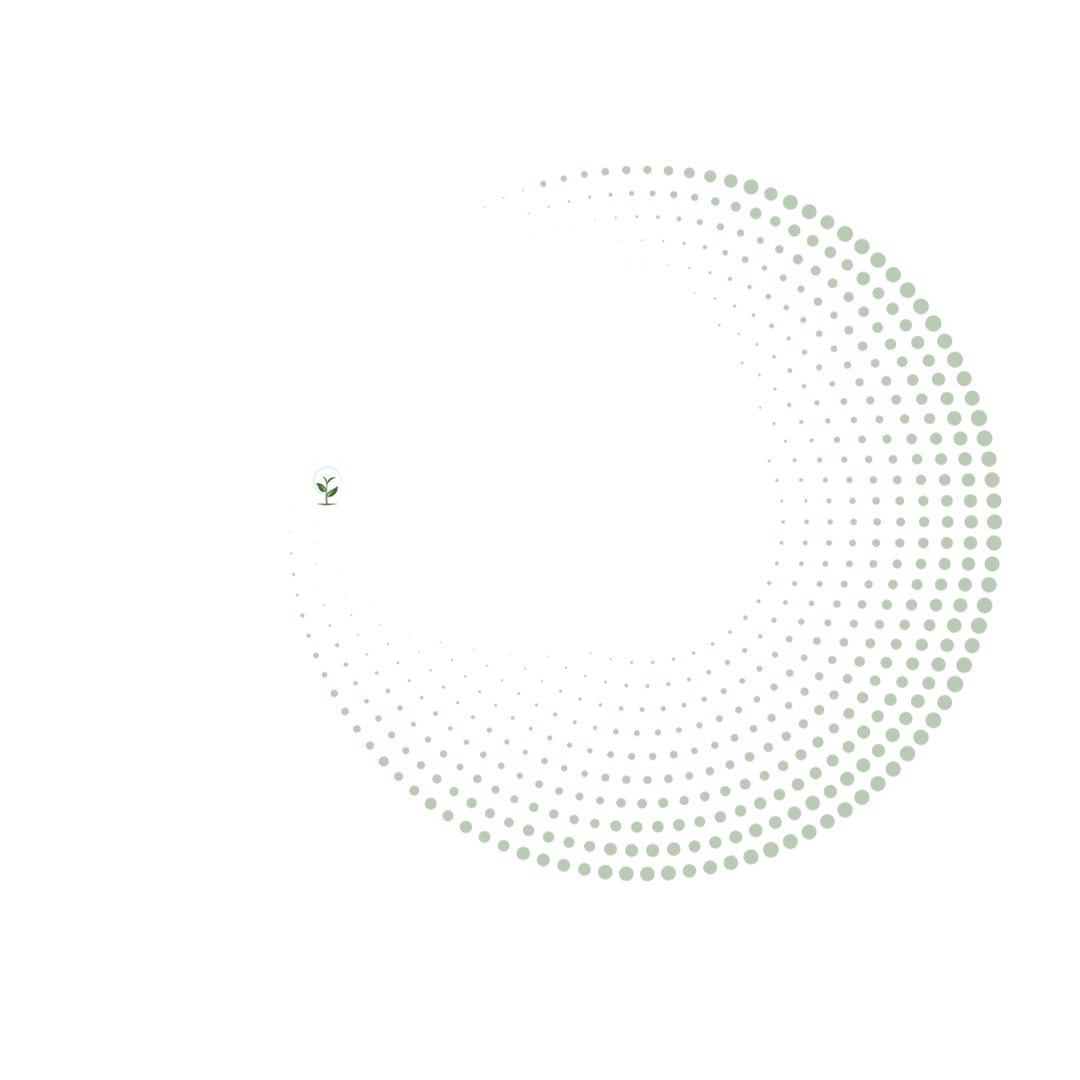See Our Latest Blogs
Lorem ipsum dolor sit amet, consectetur

Preventing Burn Out: Signs to Watch For & how To Recover
Ever feel like you’re running on fumes? Like your passion is still there, but your body and mind are waving the white flag? If so, you’re not alone. The athlete grind is real—and while the wins are sweet, the pressure to constantly perform, stay sharp, and show up for everyone can wear you down over time. That creeping sense of fatigue? That’s not laziness. It might be burnout.
Let’s talk about what burnout really looks like—and more importantly, how to stop it in its tracks and bounce back stronger.

As a student-athlete, you're expected to excel in academics, dominate in your sport, maintain a social life, and often hold leadership roles, all while managing the pressures of performance and time. With so much on your plate, it’s easy to push past your limits without realizing you're burning out. Burnout isn’t just about feeling tired; it’s a state of emotional, physical, and mental exhaustion that can affect your performance and overall well-being.
Here's how to spot the signs, prevent burnout before it hits hard, and recover if you’re already feeling the weight.
What is Burnout?
Burnout is more than stress. It's the prolonged response to chronic physical or emotional stressors, and it can manifest in multiple ways:
Physical exhaustion
Mental fatigue or lack of focus
Irritability or mood swings
Loss of motivation or passion
Decline in athletic or academic performance
Feelings of failure or self-doubt
If you’ve noticed any of these signs, it's important to pause and take a closer look at how you’re balancing your life.
Common Causes of Burnout in Athletes
Overtraining without rest
Lack of sleep and recovery time
Pressure to perform constantly
Neglecting mental health and emotional needs
Poor time management between athletics, academics, and personal life
Fear of letting others down
Recognizing the cause is the first step in making a plan to prevent or recover from burnout.
How to Prevent Burnout
1. Schedule Rest Days Intentionally
Recovery is just as important as training. Plan at least one full rest day each week and include mini-recovery moments (like stretching or mindfulness) into your daily routine.
2. Set Boundaries
It’s okay to say no. Whether it’s extra training sessions, social events, or late-night study groups, protecting your energy is essential. Prioritize what truly matters to you.
3. Fuel Your Body and Mind
Make sure you're eating nutritious meals, staying hydrated, and getting 7-9 hours of quality sleep. Your brain and body both need fuel to perform at their best.
4. Practice Mental Hygiene
Just like brushing your teeth, your mental health requires daily attention. Try:
Journaling
Talking to a mentor or therapist
Meditation or breathing exercises
Digital detox time (logging off social media)
5. Check in With Yourself Regularly
Ask yourself: How am I really doing? Self-awareness can help you catch burnout before it spirals. Try weekly check-ins or rating your stress on a scale of 1-10.
💬 ATHLETE VOICES: What Burnout Felt Like for Me
“I didn’t realize how far gone I was until I skipped practice just to sleep—and still woke up tired.”
— Former D1 Volleyball Player
“There were days I was performing well on the field but falling apart mentally. I thought I just had to ‘tough it out’—I wish I had spoken up sooner.”
— Collegiate Football Captain
How to Recover if You're Already Burned Out
1. Take a Step Back
If possible, reduce your commitments temporarily. Talk with your coach or academic advisor about adjusting your load. Recovery starts with giving yourself permission to rest.
2. Re-establish a Routine
Create a balanced schedule that includes time for movement, rest, nutrition, and personal time. Consistency in small daily habits can restore your energy.
3. Talk to Someone
You don’t have to go through this alone. Reach out to a trusted coach, counselor, teammate, or therapist. Sometimes simply saying "I'm not okay" is the first step toward healing.
4. Reignite Your "Why"
Burnout often disconnects us from our purpose. Reflect on why you started your sport in the first place. Reconnect with your passion or set new, meaningful goals.
Tools to Support You
Here are a few student-athlete-tested resources to help you prevent or bounce back from burnout:
🧠 Mental Health Support:
The Hidden Opponent – Advocating for student-athlete mental health
Headspace or Calm App – Free meditations, sleep sounds, and anxiety tools📆 Time Management:
Notion or Google Calendar templates for balancing sport, school, and rest💬 Mentorship Matters:
Join the Total Athlete Collective Mentorship Program for one-on-one support

Final Thoughts
Burnout is real, and it's okay to admit when you're not at your best. Taking care of your mental and emotional health doesn’t make you weak, it makes you stronger. As an athlete, your success isn’t just defined by how hard you can push, but by how well you recover, reset, and rise. Listen to your body, protect your peace, and remember that rest is not a reward, it’s a requirement.
You’re Not Alone
Athletes—you’re more than your schedule or your stats. You deserve time to breathe, space to reset, and a community that supports all of you, not just your performance.
✅ Follow us on IG, LinkedIn, and TikTok for mental health check-ins, budgeting tools, and real athlete stories.
🎯 Apply to our Mentorship Program (next cohort starts soon!)
📲 DM us or tag #TotalAthleteCollective to share how you’re protecting your peace this season.

© The AVOT Foundation - All Rights Reserved. 2023.
info@avotfoundation.org
703.643.4412
